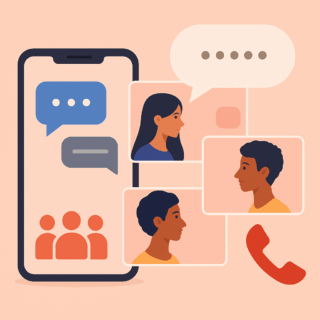How Health Apps Are Helping People with Chronic Conditions
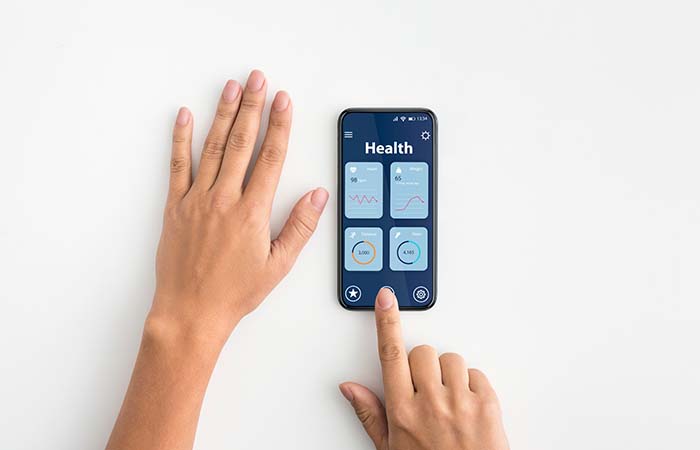
In recent years, mobile health apps have evolved from simple step counters and calorie trackers into sophisticated tools that assist in managing complex, long-term health issues. For people living with chronic conditions such as diabetes, heart disease, or chronic fatigue syndrome, these apps can offer daily support, data-driven insights, and even early warnings that help prevent complications. While they do not replace professional medical care, health apps are becoming a valuable supplement in the long-term management of chronic health conditions.
The Rise of Mobile Health Technology
The global digital health market has expanded significantly, with thousands of apps now addressing various health concerns. Among them, a growing segment focuses specifically on chronic condition management, helping users monitor symptoms, medication schedules, lifestyle factors, and trends over time.
These apps are typically designed to help users:
- Track vital signs and daily symptoms
- Set medication reminders
- Share data with healthcare providers
- Receive personalized feedback based on health patterns
This data-driven approach can lead to improved self-awareness, better communication with doctors, and, in some cases, early intervention.
Diabetes Management: Beyond Blood Sugar Logs
Apps designed for people with diabetes often go far beyond tracking blood glucose levels. Some sync with glucose monitors or insulin pumps, offering automatic data collection and advanced trend analysis.
Examples:
- MySugr: Offers blood sugar tracking, carb counting, and an automatic insulin calculator. It can generate reports to share with doctors.
- BlueLoop: Designed for children and young adults, helping parents and caregivers stay informed and involved.
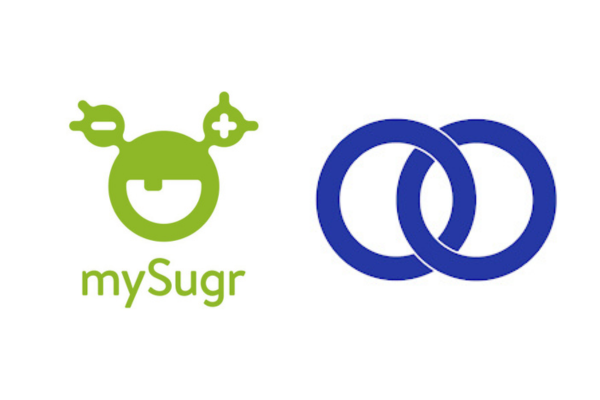
These apps encourage regular self-monitoring, which is known to be associated with better glycemic control. Some even include motivational features like challenges, logs with emojis, or achievement badges to support long-term engagement.
Supporting Heart Health Through Everyday Monitoring
For those with hypertension, arrhythmias, or other cardiovascular concerns, consistent monitoring is essential. Several apps integrate with smartwatches or wearable ECG monitors to keep an eye on heart rate, activity, and even irregular rhythms.
Examples:
- Cardiogram: Works with Apple Watch, Fitbit, and other wearables to detect abnormal patterns in heart rate that could indicate conditions such as atrial fibrillation.
- Qardio: Offers blood pressure tracking and weight management tools, with the ability to generate and export detailed reports.
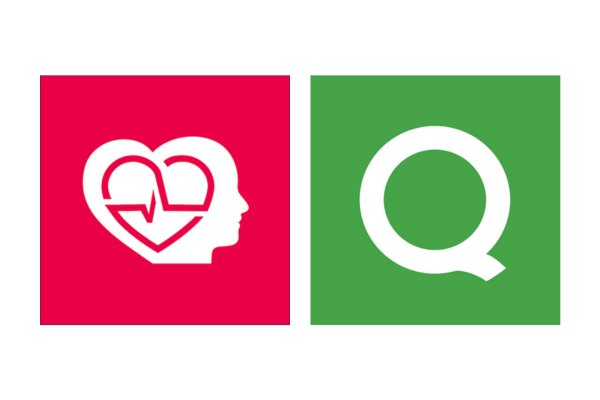
While these apps can’t diagnose conditions, they allow users to track subtle changes over time, helping both patients and doctors spot trends or identify issues that warrant further investigation.
Managing Fatigue and Energy Levels
Chronic fatigue syndrome (CFS), fibromyalgia, and similar conditions often involve complex and fluctuating symptoms. Tracking these changes can help individuals better understand their triggers and manage daily energy levels.
Examples:
- Bearable: Lets users track mood, sleep, symptoms, and triggers in one place. Patterns can be visualized to support conversations with healthcare professionals.
- ME/CFS Diary: A more condition-specific tool that helps track post-exertional malaise and other relevant symptoms.
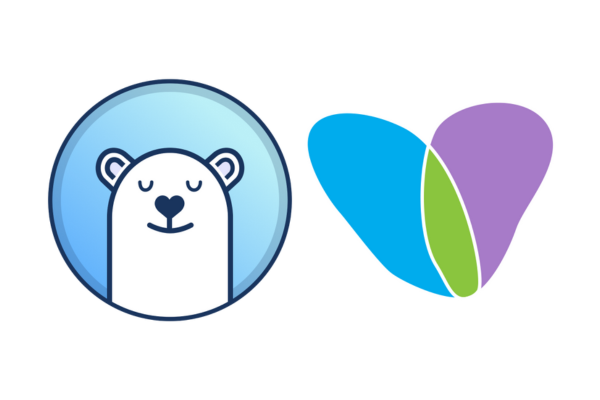
These tools empower users to make informed decisions about pacing, rest, and activity scheduling—an essential strategy in managing energy-limiting conditions.
The Benefits and the Limits
While health apps offer meaningful support, it’s important to understand their role. They should be used as complementary tools, not substitutes for clinical care. Data accuracy can vary depending on the device, and apps are not equipped to handle medical emergencies or complex diagnostic processes.
However, their strengths lie in day-to-day support:
- Encouraging consistent tracking and self-awareness
- Helping users stay organized with medications and appointments
- Providing a data trail that supports better clinical conversations
- Offering gentle reminders and motivation to stay engaged in care
Looking Ahead
As technology continues to improve, health apps are becoming more personalized, predictive, and responsive. With features like AI-based pattern recognition and integration with medical devices, they are playing a growing role in proactive health management.
For individuals living with chronic illnesses, this means greater autonomy, earlier detection of warning signs, and more tailored care strategies—delivered right from their smartphones. While no app can replace a trained physician, the digital support they offer is proving to be a valuable addition to modern chronic care.

